By Sasha Lamprea
My first idea of womanhood came from my mother. I remember being a child in Colombia, physically looking up at her, and seeing her ooze femininity—although I did not have this word yet. It’s the nineties, and my mother wears lots of dresses and skirts and crop tops and shorts. I remember her in flowing skirts made of sheer fabrics and tank tops with thin straps that she wore without a bra. She always wore lots of jewelry—necklaces, earrings, and bracelets. My mother’s big, curly hair bounced in the wind, its shine black-blue like the night sky; her brown skin always glowed from the oils and lotions she would luxuriously rub on.
My mami’s womanhood is very traditionally Latina in a lot of ways, and very rebellious in others. She cooks and cleans and stretches herself thin taking care of others, but she has what she calls una boca sucia, a dirty mouth, that makes her speak so crassly and bluntly that she makes other women uncomfortable. My mother is loud and prefers sitting outside with the men drinking beer to manicures and cocktails. My mother did not know this in the nineties, but in being so unapologetically herself, she taught me everything I know about womanhood and duality.
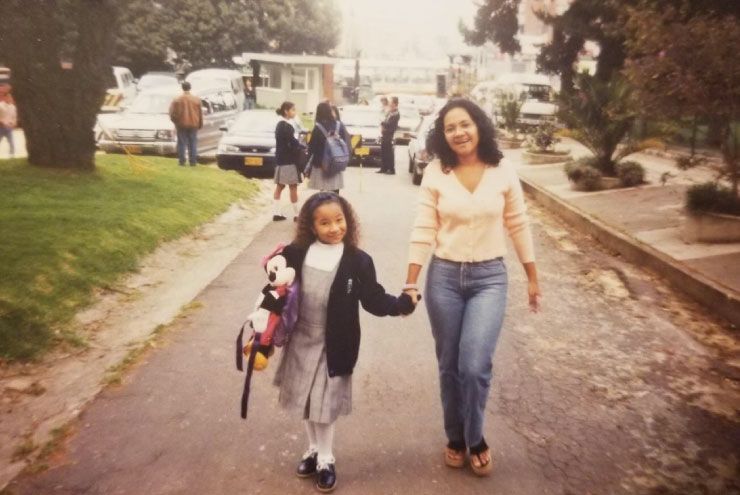
“My mother did not know this in the nineties, but she taught me how to be a woman.” -Sasha Lamprea
Friday nights spent watching my mother get ready for parties are some of my most prized memories. I would sit on the bed and watch her with the fascination of someone watching a brewing storm. With each stroke of her eyeliner and each dusting of her blush, my mother would transform herself from an easy, carefree beauty to an intentional, adorned goddess. On these nights, my mother preferred to wear deep, bright red lipsticks that made her mouth look like a rosebud and contrasted with her big, dark eyes. But her performance of femininity did not end there. We would go to family parties, where I would take breaks from running around with my cousins to sit cross–legged on the floor and watch my mother dance salsa de la vieja—old salsa songs that all sound like they were written about her, or for her. No one salsa dances like my mother. I remember watching her high heels step left and right, her face light up as she spun, her hips making waves in the air, and her whole body seem to chant and exclaim, “Freedom!” My mother did not know this in the nineties, but she taught me how to be a femme.
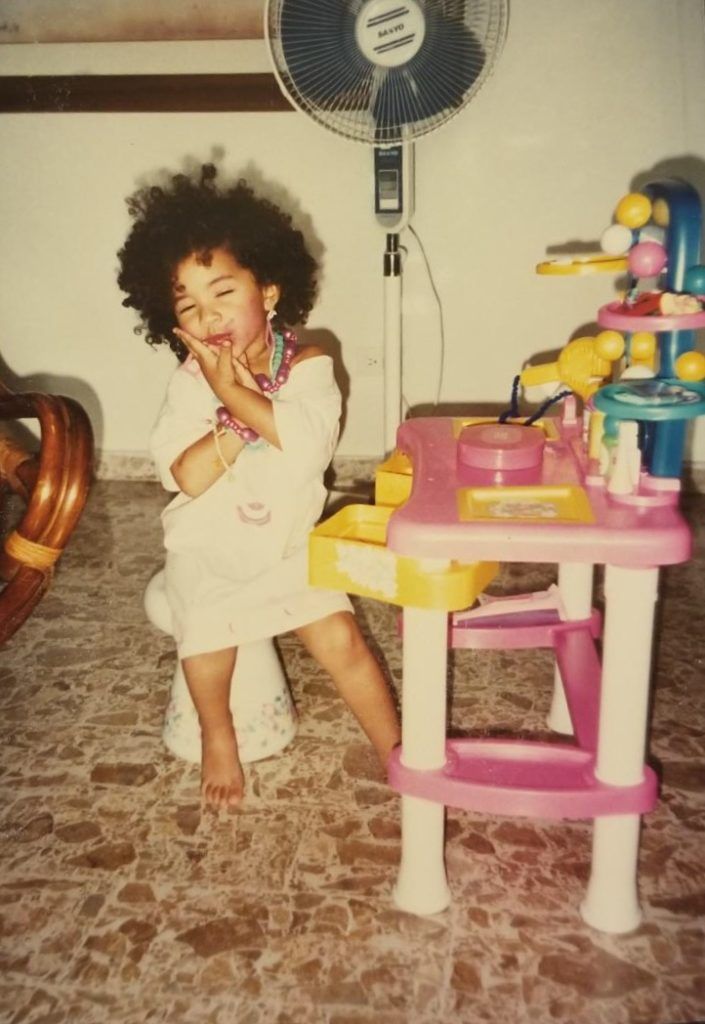
“My mother did not know this in the nineties, but she taught me how to be unapologetically myself.” -Sasha Lamprea
But it’s not only these outward displays of femininity that shaped my own identity as a woman and a femme—it was also her responses when I would call her beautiful or complimented her looks. My mother always responded to my flattery in a similar fashion: thanking me, telling me she knows she’s beautiful, and then reminding me that there is more to women than beauty. My mami always told me—in a way that seemed like nagging then but like preaching now—that there is more to look at and to cultivate in life than beauty. She would talk to me about concepts too broad and too abstract for my four–, five–, six–year–old self to understand, but that sounded so grandiose and stuck with me regardless. My mother would nag, or preach, about humility, intelligence, character, and strength. She would talk about hard work and berraquera, a Colombian term most closely translated to “badassery.” My mother did not know this in the nineties, but she taught me how to be a feminist.
My mother did not know this in the nineties, but she taught me how to be rebellious.
My mother did not know this in the nineties, but she taught me how to be outspoken.
My mother did not know this in the nineties, but she taught me how to be courageous.
My mother did not know this in the nineties, but she taught me how to be a woman.
My mother did not know this in the nineties, but she taught me how to be unapologetically myself.


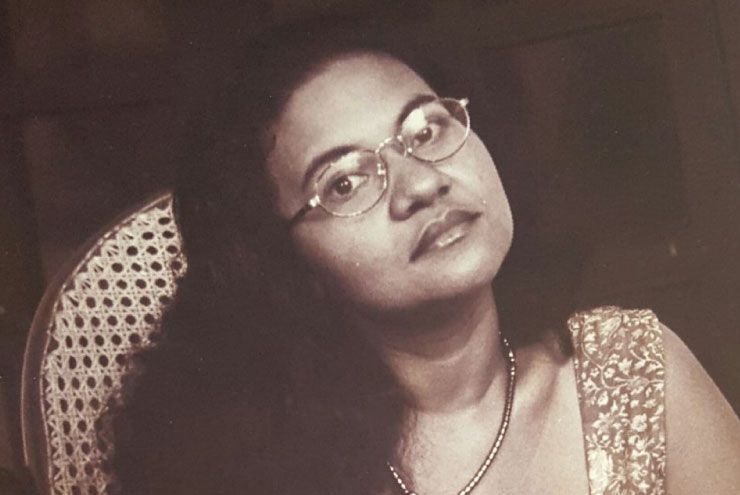
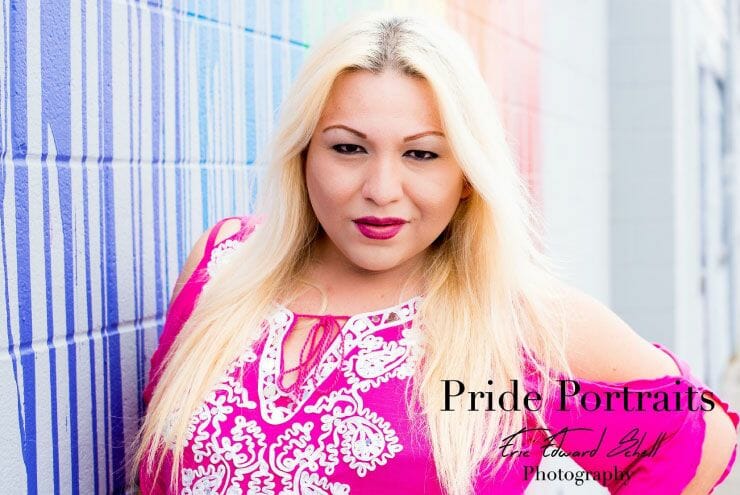

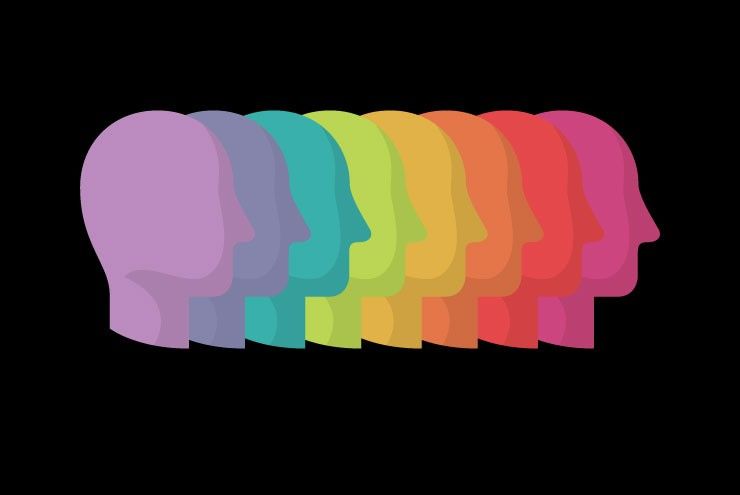


Rosy
March 9, 2019 at 11:13 AMMy fondest memories as a child was seeing my aunts get ready to go out. All I thought was they’re preparing to have a good time for themselves and to be themselves. I didn’t want to wear makeup, but I learned to appreciate the time and effort they took.